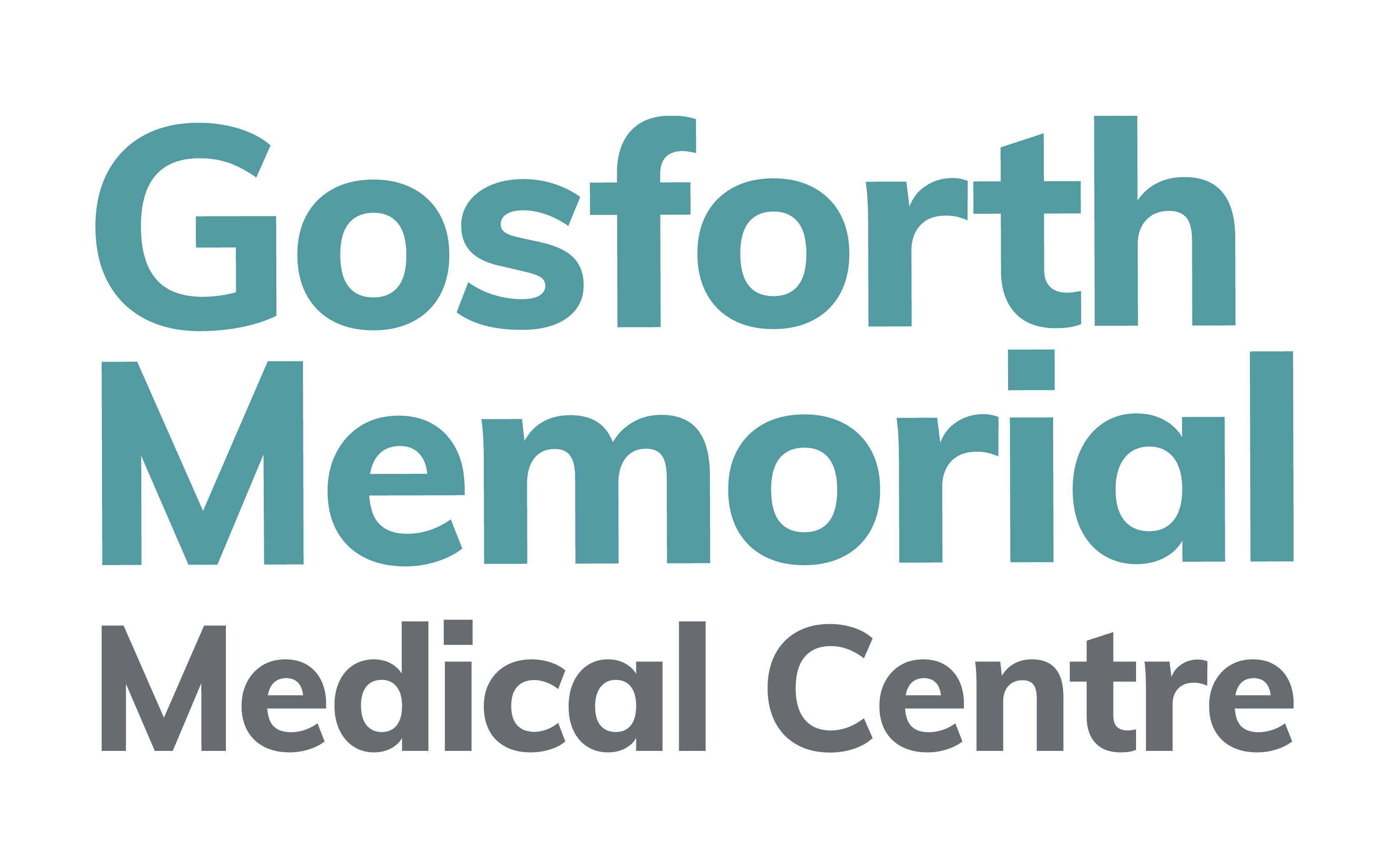World Autism Acceptance Week
This week is World Autism Acceptance Week. It’s been happening every year since 2007, starting as Autism Awareness Week.
The main goal is to make sure more people grasp what autism is all about and understand what it’s like for the 700,000 autistic adults and children in the UK.
We’re supporting Autism Acceptance Week by spreading the word about the condition and letting people know how they can get help, such as by asking for reasonable adjustments.
Feel free to keep reading or jump to different sections using the buttons below.
What is Autism?
Autism is something you have for your whole life. It affects how you talk to others and relate to the world around you.
It’s called a “spectrum disorder,” which means it shows up in lots of different ways depending on the person.
Some things that people with autism often share are:
- Having trouble with social interactions
- Really getting into certain topics
- Being sensitive to things like noise, light, or touch
- Liking routines and sticking to them
- Doing the same actions over and over
- Finding it hard to understand figures of speech or sayings
- Struggling to control feelings
- Having problems with both spoken and unspoken language
It can be hard to handle when things change or are new, especially if they’re loud, bright, or crowded. This can make people feel overwhelmed and anxious.
The repetitive actions you might think of with autism are ways people cope, trying to make things feel more normal.
But sometimes, it doesn’t work, and things get too much. That’s when people might have meltdowns or shutdowns.
Meltdowns are when someone can’t control themselves for a bit and might yell, scream, cry, or even hit or bite.
Shutdowns are when someone stops talking altogether.
Autism isn’t something you can cure or treat like an illness. It just means your brain works in its own way. With help and strategies, people with autism can live their lives to the fullest.
Autism is a learning difficulty rather than a learning disability. The difference is that autism doesn’t impact someone’s intellect, just how they learn.
If you want to know more about autism signs and getting a diagnosis, go to the NHS website.
Aims of Autism Acceptance Week
The yearly event began as Autism Awareness Week. However, as more people learned about autism, the emphasis shifted to acceptance.
Although many of us have heard of autism, we might not completely understand how it affects people or the various ways it changes someone’s life.
Autistic individuals often put in a great deal of effort to blend in at school, work, or elsewhere.
This is called ‘masking’, and it can be tiring and take a toll on mental health.
Acceptance means recognising that autistic people might need different things and willingly making adjustments to support them.
Reasonable Adjustments
Reasonable Adjustments are when you ask a GP practice or another public service to change things so you’re not disadvantaged.
Different people will need different things, but some examples include having more time for appointments, having a quiet place to wait, or getting information that’s easy to understand. You can learn more about this in the video.
Reasonable adjustments are a legal requirement. Organisations must make these reasonable adjustments according to the Equality Act 2010.
We want to make sure everyone can get medical help equally. We encourage patients to tell us about any changes they need.
This information can be added to your medical record. That way, anyone taking care of you will know about it.
We know asking for what you need can take a lot of work. Some patients use health passports or ‘just a minute’ cards to tell us how we can help.
Support and Further Information
Plenty of resources and organisations exist to help autistic people and their families.
The National Autistic Society is a good starting point with advice and guidance on 24 different topics from diagnosis and behaviour through to benefits and education.
Support Organisations
Skills for People
Skills for People run regular groups and events for people with learning disabilities or autism. They provide advocacy services, family support and connect people with groups and activities.
Lifeways
Lifeways help people to lead more fulfilling, independent lives by providing extraordinary support for adults with learning disabilities, autism, physical disabilities, acquired brain injuries or mental health needs. One specialist service supports adults with autism.
Inspired Support
Inspired Support use art, sports, music, and digital skills to support people aged 18 and older with an autism diagnosis. They have advice on their website about how to get funding for a place on one of their creative skill courses.
Diversity NE
Diversity NE offer support and training around autism in the workplace. This includes advice and help for autistic people to get into and succeed at work, and to help employers understand the value of a diverse workforce.
Visit ne-as.org.uk/diversity/ne
Documentaries
Documentaries have brought some mainstream attention to autism. You can find links to two BBC programmes below, along with a podcast series about autism in the workplace.
Inside our Autistic Mind
Chris Packham helps autistic people illustrate how their minds work, helping them connect with their friends and family in a new, more authentic way.
Watch Inside our Autistic Mind
Unmasking my Autism
In this heartfelt journey of self-discovery, Christine McGuinness uncovers a hidden world of thousands of autistic women who, like her, have been ignored by science and society.
